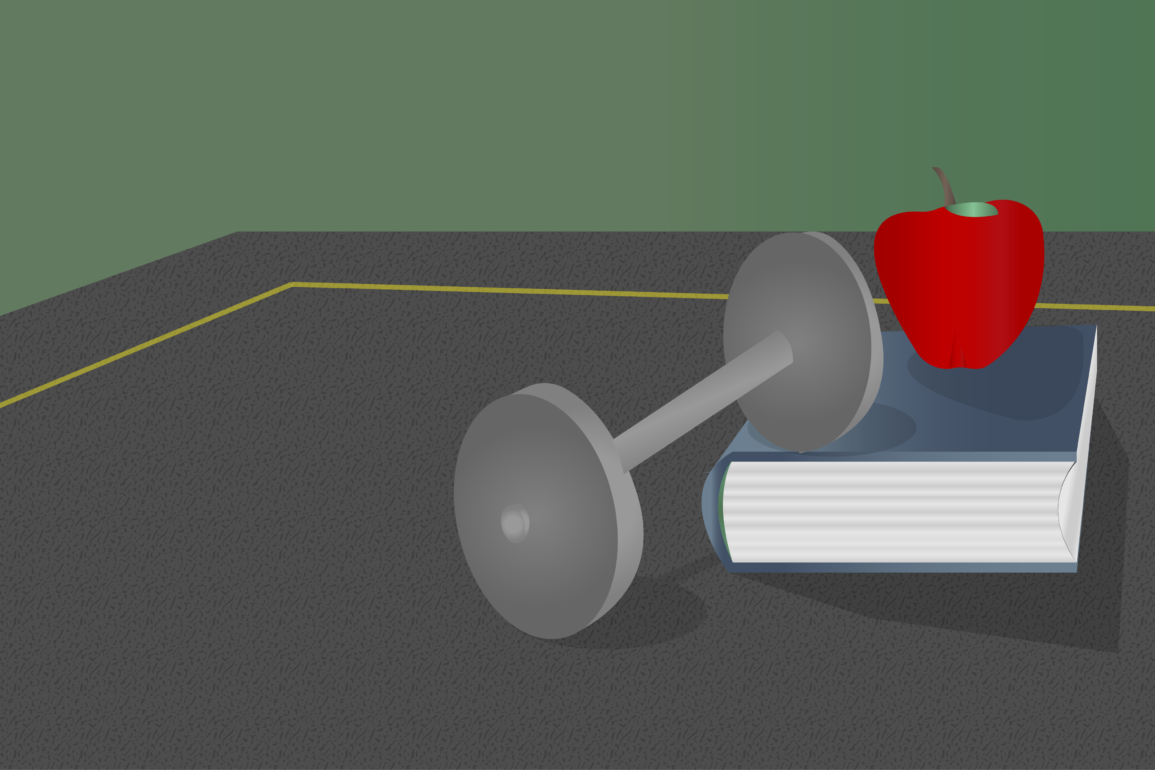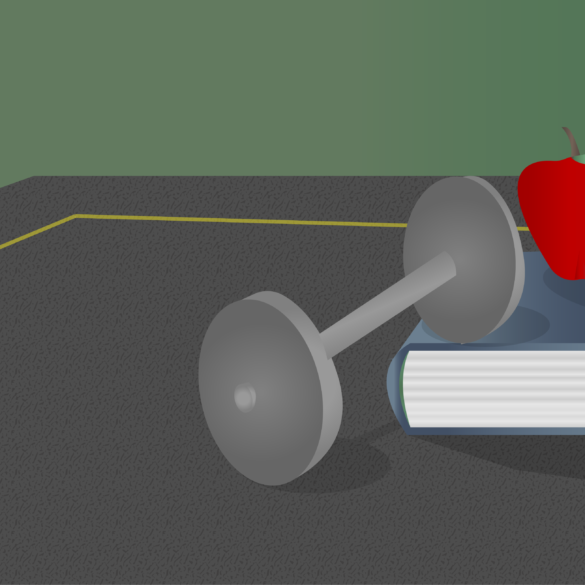Learning about health starts at a young age, and never truly ends.
In elementary and middle school, whenever my teachers brought up any sort of health-related topic, I knew we would be getting a lesson from McMillen Health Center. The center is known for its educational programs, ranging from real-life scenarios to interactive modules.
First through third grade, we would go to McMillen to learn about the food pyramid, bodily systems, and all the other basic health information we needed to know.
In fourth grade it started to get more specific. I learned about the dangers of tobacco from a video testimonial. A baseball player talked about losing a portion of his mouth to cancer caused by chewing tobacco. One girl in my class had to be escorted out of the room because she almost passed out from the images. That was enough to stray me away from tobacco.
In fifth grade, representatives from McMillen came to talk to us about puberty and reproductive health. The girls and boys had to go to separate rooms so we could learn about our respective bodies and what to expect from them over the following years. After the lesson, I left with a “goodie” bag full of pamphlets, deodorant, and panty liners.
All of my basic knowledge of health can be attributed to McMillen Health Center.
This digital edition of Ball Bearings focuses on health education. One story explains the value of educational programs like McMillen.
Another writer looks into what happens when people don’t have the proper education about diseases, which could result in hysteria.
In a Q&A, experts discuss the definition of sex. Finally, we explore different steps we can take to improve and maintain our well-being.




